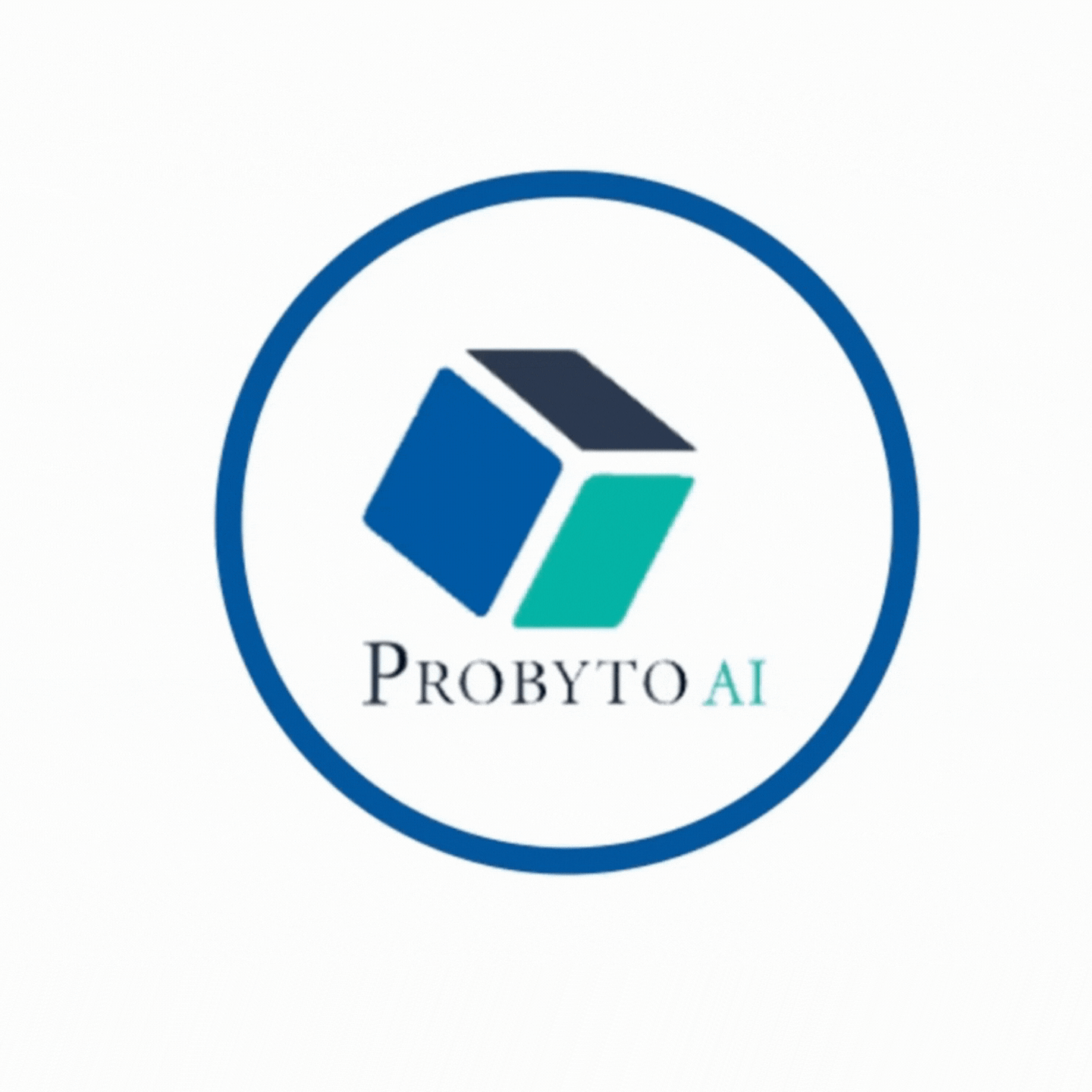Achieving Competitive Advantage with Smart Business Knowledge
It is no secret that businesses are always trying to stay ahead of their competitors in a business environment that is constantly changing. Using smart business Intelligence tool is one of the best ways to complete this. In what ways can businesses take advantage of this?
What is Smart Business Knowledge?
Data and information can be used effectively to make better business decisions through smart business knowledge. This information can be obtained from various sources, including market research, customer feedback, sales figures, and even social media. Analyzing this information closely can help a business gain a deeper understanding of its market, its customers, and its competitors.
Knowledge of smart business is important for business success.
Understanding and using smart business knowledge can be summed up as follows:
- Making Better Choices:
When businesses have the right information, they can make better decisions. A more successful product, service, and strategy can result.
- Knowing the Market:
Understanding the market requires smart business knowledge. Competitor information, customer needs, and emerging trends are all part of this.
- Finding New Opportunities:
By looking at data, businesses can spot new chances for growth. An example of this would be discovering a new market to enter, developing a new product, or discovering a new method of reaching customers.
- Boosting Efficiency:
A business can become more efficient, cut costs, and improve operations with the right knowledge. As a result, profits are often higher and the market position is stronger.
- Staying Ahead of the Competition:
In a competitive market, staying ahead of the competition is crucial. It helps businesses anticipate and react more effectively to their competitors when they possess smart business knowledge.
How to Get Smart Business Knowledge
The key to getting smart business knowledge lies in collecting, analyzing, and smartly utilizing data. Business owners can follow these simple steps:
- Do Market Research
Research on the market in which a business operates is the process of gathering information about that market. Identifying market trends, studying competitors, and understanding customer preferences are some of the ways you can do this. Surveys, interviews, focus groups, and online research are all ways in which businesses can gather this information.
- Listen to Customer Feedback
Customer feedback is a valuable source of information. By paying attention to what customers say, businesses can learn what they are doing well and where they need to improve. In addition to surveys and reviews, customers can be contacted directly through social media and via social media.
- Look at Sales Data
It is important to know which products or services are popular and which are not. Sales data provide this information. Businesses need to analyze this data so that they can spot trends and make informed decisions about their inventory, pricing, and marketing plans.
- Watch Competitors
The importance of keeping an eye on competitors cannot be overstated. A good way to do this is to monitor their marketing strategies, new product launches, and pricing. Businesses can compare their performance with their competitors using tools such as competitive analysis.
- Use Technology
Getting smart business knowledge requires technology. CRM systems, analytics software, and business intelligence platforms can be used by businesses to collect and analyze data. Using these tools, businesses can make sense of large amounts of data and gain valuable insights from it.
Using Smart Business Knowledge to Get Ahead
Businesses can use smart business knowledge to get ahead of their competitors once they have it. The steps are as follows:
- Create Targeted Marketing Campaigns
Businesses can design more effective marketing campaigns if they have a good understanding of the business environment. Businesses can tailor their messages to fit their audiences by better understanding their customers. As a result, marketing efforts can be more engaging and produce better results.
- Improve Product Offerings
Businesses can improve the quality of their product offerings by looking at customer preferences and sales data. You may have to stop selling products that aren’t selling well and focus on those that are in high demand instead. This information can also be used by businesses to develop new products that meet the needs of their customers.
- Enhance Customer Service
Businesses can improve customer service by using smart business knowledge. A business can provide a better customer experience if it understands common customer problems and areas of dissatisfaction. Customer loyalty and satisfaction often increase as a result.
- Increase Operational Efficiency
Businesses can reduce costs and streamline processes by utilizing data to find inefficiencies in their operations. Supply chain data can be analyzed to identify bottlenecks and improve inventory management, for example. Consequently, delivery times are shortened, costs are reduced, and market position is strengthened.
- Make Strategic Business Decisions
Businesses make strategic decisions with the help of smart business knowledge. An example of this would be entering a new market, expanding to new regions, or investing in new technology. For businesses to succeed in the long run, they need to make informed decisions.
Real-Life Examples of Smart Business Knowledge
We will look at some real-life examples to explain how smart business knowledge works:
Amazon:
Amazon uses smart business knowledge to understand what its customers like. By analyzing data from searches, purchases, and reviews, Amazon recommends products that customers are likely to buy. This has helped Amazon become one of the largest e-commerce companies in the world.
Netflix:
Data is used by Netflix to determine what types of content its viewers enjoy. Netflix recommends shows and movies based on users’ viewing habits. The company’s personalized approach has helped it build a loyal customer base and lead the streaming industry.
Walmart:
To improve its supply chain and cut costs, Walmart uses smart business knowledge. Walmart ensures that its stores are stocked with products that customers want while minimizing excess inventory by analyzing sales data and inventory levels. Retailers benefit from Walmart’s competitiveness.
Conclusion
Staying ahead of the competition requires smart business knowledge. Businesses can improve efficiency, find new opportunities, and stay ahead of their competitors by gathering, analyzing, and using data effectively. In the competitive world we live in, smart business knowledge is one of the most powerful tools for success, whether it is obtained through market research, customer feedback, or the use of technology.


